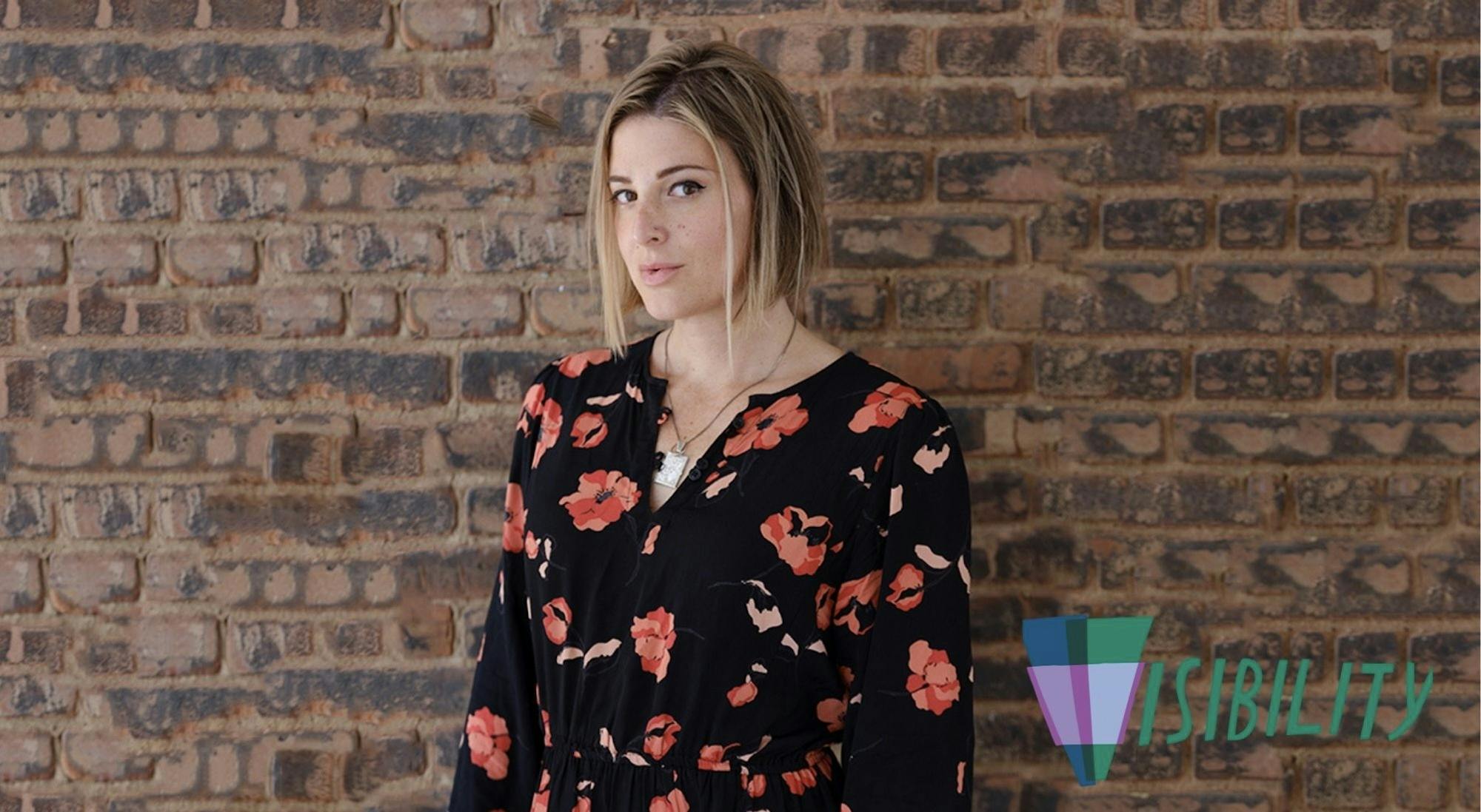Visibility:2022 hosted acclaimed novelist Torrey Peters GR '13 for a conversation about gender and creative writing on April 5. This is the third year the Office of Pluralism and Leadership has hosted Visibility, the annual student-led campaign promoting gender equity and an end to gender and power-based violence. After the conversation, moderator and professor Mingwei Huang led a question and answer session with the audience. The event concluded with a book signing.
Huang, who is an assistant professor of women’s, gender and sexuality studies, said that she was thrilled to have the opportunity to moderate a conversation with Peters, as she came across “Detransition, Baby” right after it was released in January 2021. Now, the novel is up for the 2021 National Book Critics Circle Award for the John Leonard Prize, longlisted for the Women’s Prize and selected for Roxane Gay’s Audacious Book Club.
Huang and Peters both referred to the book as “T for T,” meaning written by a trans author for a primarily trans audience. However, as a cis woman, Huang said she was able to thoroughly enjoy the powerful, thought-provoking novel.
“Engaging with Peters’ work is not only about cis women or people trying to learn about trans issues or how to become better allies,” Huang said. “I think engaging with trans narratives and trans lives also helps cis women think about their own gender and sexuality more.”
Professor Huang kicked off the conversation by asking Peters about her time at Dartmouth during the 2010s — a very different time for trans visibility, politics, cultural production and writing. Peters described the year she spent at Dartmouth as “formative.”
Prior to Dartmouth, Peters lived in Chicago where she had come out as transgender but hadn’t begun using hormones. She explained how the lingo was different back then, as she was using terms such as “crossdresser” and “genderqueer” to define herself.
Peters stated that she had two stand-out experiences during her time at Dartmouth. First, she had an incredible advisor. Second, in the search for a queer community, Peters found a “cross-dresser” bar in Massachusetts. Peters explained that she met two 50-year-old transgender women there — she didn’t get along with them well, but, Peters said she could not stop thinking about them.
“I thought, they're doing it, and I’m not,” Peters said. “I was kind of obsessed with them. In my head I was like, why am I thinking about these two? And I realized I was jealous.”
Soon after this experience, Peters decided she wanted to start hormones. Peters met with an endocrinologist at Dick’s House and was able to get a prescription.
“And then I was transitioning,” Peters said. “I am really grateful to Dartmouth that it happened. I [didn’t] even know that they did that intentionally — I just don’t think they had protocol around it. And as a result, it worked fantastically for me.”
The moderated conversation continued with questions written by the Visibility:2022 committee members about Peters’ journey to becoming a self-published author. To wrap up, Huang asked Peters if she had any advice for her college-aged self.
“There’s a lot I wished [I had known], but I think a lot of it was that I was just afraid,” Peters said. “I wish I had recognized how much of what I had done [to myself during that time] was unfair.”
The Visibility:2022 Student Planning Committee includes Kendra Elk Looks Back ’24, Beatriz Hidalgo ’25, Anne Johnakin ’23, Eliza Mahoney ’22, Irina Sandoval ’23 and Ann Tran ’25. The committee is chaired by Jimena Perez ’23, who began the talk by giving a background on this year’s visibility campaign.
Perez said she hopes that the Visibility:2022 conversation isn’t a one-time interaction for students in attendance with OPAL, as she would like to see students continue to be more involved with the office’s programming.
“Visibility is the mission,” Perez said. “I do hope that people took from this event the importance of making space for these conversations. I think a lot of students benefit from [these conversations], especially those who might have similar interests as the speakers.”




